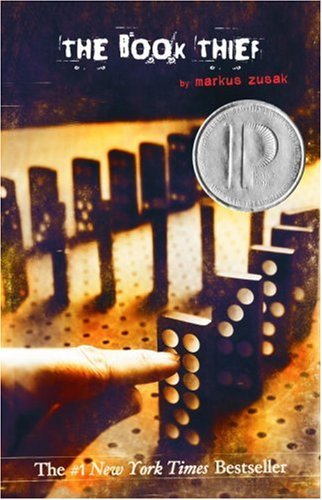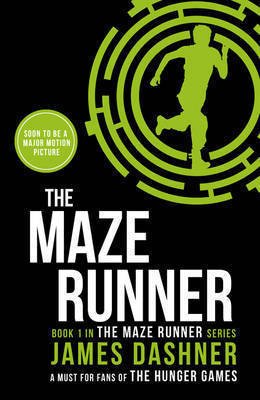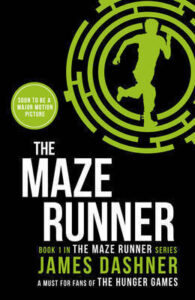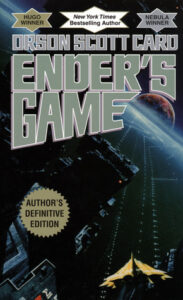The Book Thief
Markus Zusak’s The Book Thief is a poignant and unforgettable exploration of the human spirit in the darkest of times. Narrated by Death, the novel follows the life of Liesel Meminger, a young girl growing up in Nazi Germany.
What sets this book apart is its unique perspective. Death, as an observer of human life, offers a detached yet empathetic view of the world. Zusak’s choice of narrator is both haunting and profound, as it allows for a deeper understanding of the characters and the atrocities of war.
Liesel, a resilient and curious child, finds solace and strength in books. Her love for reading becomes a lifeline in a world shrouded in darkness. The novel beautifully captures the transformative power of words, as Liesel discovers a world beyond her impoverished reality through the pages of stolen books.
The story is filled with moments of heartbreaking beauty and raw emotion. The characters, including Liesel’s foster parents, Hans and Rosa Hubermann, and her loyal friend Rudy Steiner, are deeply etched in the reader’s memory. Their struggles, triumphs, and sacrifices paint a vivid picture of life under the Nazi regime.
While the novel is undeniably heartbreaking, it also offers moments of hope and resilience. The enduring power of human connection and the importance of finding beauty in the midst of despair are central themes.
The Book Thief is a testament to the human spirit’s ability to endure and prevail. It is a book that will stay with you long after the final page, a powerful reminder of the importance of empathy, compassion, and the enduring power of words.














Post Comment